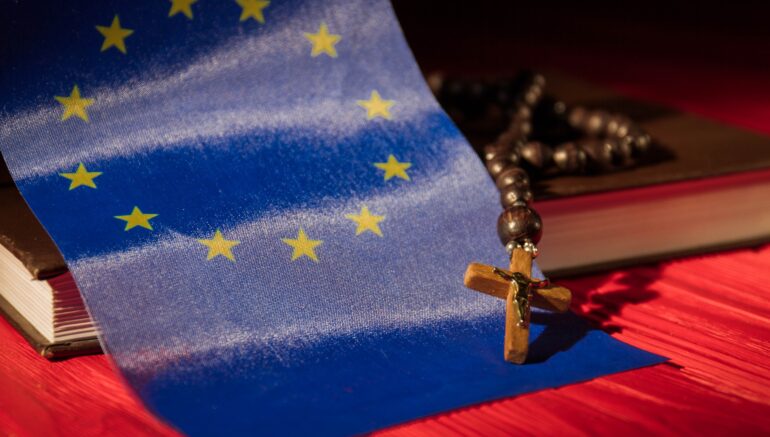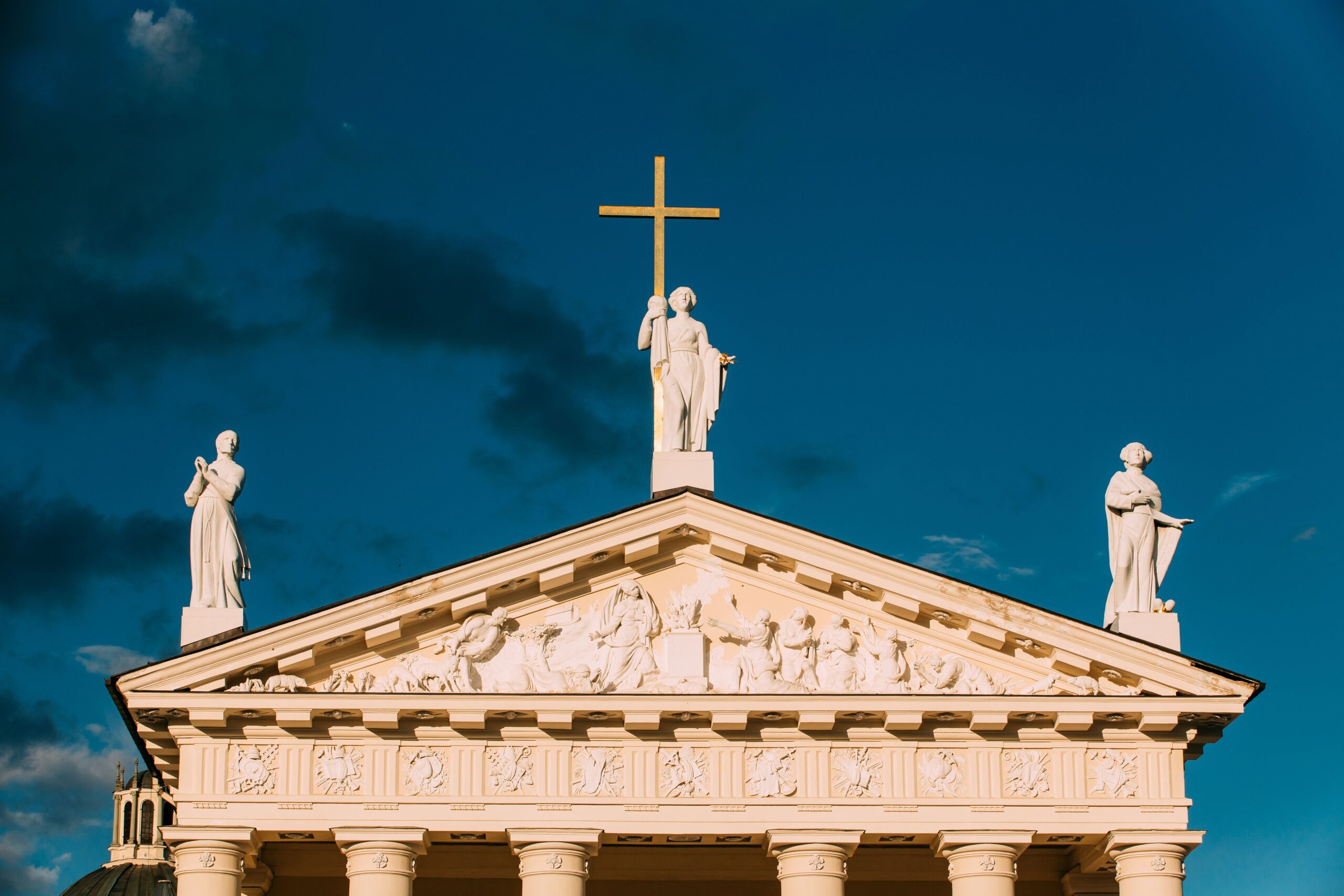
In a Europe shaped by diversity, faith should be a bridge, not a barrier. Yet for many, expressing their religion openly still leads to exclusion, misunderstanding, or even hostility. Across the EU, instances of religious discrimination have grown more visible, sparking renewed conversations on rights, inclusion, and secular values. In this evolving landscape, defending freedom of belief is more than a legal duty—it’s a social imperative.
When freedom meets friction
From bans on religious clothing in public to the underreporting of hate crimes, the lines between secularism and discrimination are often blurred. Muslim, Jewish, Sikh, and Christian communities have all reported bias in access to jobs, education, or public life. According to the EU Agency for Fundamental Rights, one in three respondents from religious minorities say they have faced discrimination in the past year.
Examples include:
- Students are being asked to remove their head coverings in class
- Employees facing pressure to work during religious holidays
- Faith-based organisations excluded from public consultations
The EU legal framework: rights in action?
The EU Charter of Fundamental Rights upholds every person’s right to freedom of thought, conscience, and religion, and forbids any form of discrimination rooted in belief or faith. Yet implementation varies widely between member states. While some countries have strong anti-discrimination bodies and support mechanisms, others lack enforcement or political will.
Recent EU-level efforts include:
- The Anti-Racism Action Plan (2020–2025), addressing religious intolerance
- Ongoing discussions on extending anti-discrimination directives
- Funding for community-based projects promoting inclusion and education
Interfaith dialogue: from principle to practice
Beyond legal tools, building mutual respect often starts at the grassroots. En Europe, la liberté de penser, de croire et de pratiquer sa foi n’est pas une faveur — c’est un droit fondamental, gravé dans la Charte des droits fondamentaux de l’Union européenne. Et ce droit va de pair avec une protection claire : aucune discrimination ne peut être tolérée au nom de la religion ou des convictions. Initiatives like the European Network on Religion and Belief or the COMECE-backed “Faith and Freedom” seminars aim to create spaces for understanding and cooperation.
What works:
- Involving religious leaders in civic discussions
- Teaching about multiple faiths in schools
- Hosting public events around shared values like compassion and justice
Challenges in a digital world
The internet, while offering a connection, has also amplified hate speech and misinformation. Religious minorities are often targeted online with stereotypes, fake news, or conspiracy theories. Combating digital discrimination requires stronger regulation, but also more media literacy and responsibility from platforms.
Закон ЄС про цифрові послуги (DSA), який має набути повної чинності у 2024 році, включає зобов’язання для платформ боротися з незаконним контентом, зокрема мовою ворожнечі. Це крок уперед, але багато що залежить від впровадження.
Куди нам звідси йти?
Оскільки Європа стає більш релігійно різноманітною та цифрово пов’язаною, захист свободи віросповідання вимагає постійної пильності. Йдеться не лише про захист місць поклоніння чи свят. Йдеться про право вірити, ставити під сумнів, належати.
Пріоритети політики на майбутнє:
- Суворіше забезпечення дотримання антидискримінаційних законів
- Інвестиції в освіту та міжконфесійний діалог
- Кращий збір даних про релігійну дискримінацію
- Підтримка жертв та місцевих ініціатив
Що ми забираємо
Релігійна свобода стосується не лише церков, мечетей чи синагог. Йдеться про повагу, право голосу та видимість. Оскільки Європа продовжує боротися з питаннями ідентичності та плюралізму, захист гідності кожного віруючого (і невіруючого) залишається наріжним каменем її демократичної обіцянки.
